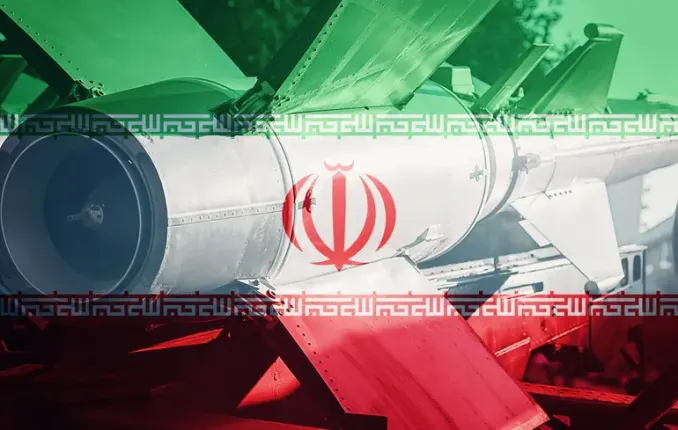Iran’s Nuclear Ambitions and China’s Role: Israel’s Call for Influence and Strategic Maneuvers

The global community is increasingly scrutinizing Iran’s nuclear intentions and the potential threat they pose to Middle Eastern stability and beyond. Israel has taken a proactive stance, urging international partners—particularly China—to leverage their economic and political influence in the region. A recent appeal from Israeli diplomats to China emphasized the crucial role Beijing could play in restraining Iran’s military and nuclear ambitions. Ravít Bayer, Israel’s Consul General in Shanghai, highlighted that China is the only country capable of exerting significant pressure on Iran. She pointed out that limiting Iran’s oil imports could disrupt its financial flows, depriving Tehran of the resources needed to sustain its aggressive regional policies. This appeal comes amid ongoing tensions after Israel and Iran engaged in a 12-day conflict that severely damaged Iran’s nuclear facilities and resulted in the deaths of several high-ranking military and nuclear scientists. The international community, particularly the United States, has acted as mediator, achieving a ceasefire last week, though Tehran remains skeptical about its durability and has warned it will respond to any Israeli provocation. Meanwhile, China and Russia expressed condemnation of Israeli strikes but have limited actions supporting Tehran. Beijing continues to call for a ceasefire in Gaza and advocates for a two-state solution for Palestine, which Israel’s Prime Minister Benjamin Netanyahu views with caution, citing security concerns. According to Bayer, China possesses significant political leverage over Iran and could do much more to influence its harmful activities in the region. Chinese leader Xi Jinping is likely to prioritize economic ties over acting as a mediator, which aligns with Beijing’s strategic interest in deepening economic relations. China remains Israel’s second-largest trading partner after the United States, sustaining dialogue despite political disagreements since 2023. China exclusively imports about 90% of Iran’s exported oil and has signed a strategic partnership agreement worth $400 billion over 25 years, aimed at fostering extensive Chinese investments in Iran. However, it remains uncertain to what extent China can exercise real influence over Iran’s military and nuclear ambitions. Despite closer ties with Beijing and Moscow, Iran tends to resist foreign intervention in its core political decisions. The ongoing developments raise pressing questions about whether diplomatic and economic pressures can sufficiently contain Iran’s nuclear pursuits and prevent a broader regional conflict that risks escalating into a major crisis.

